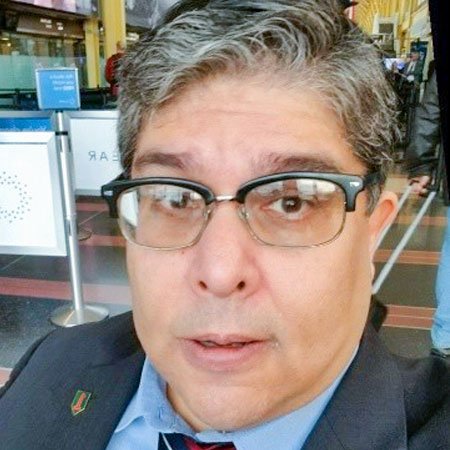It’s the start of summer and we’ll break out the khakis and cold beer. We’ll hit the pool and the beach and eat burgers and hot dogs. School is almost out and kids and teachers look forward to the break. And that’s all fun. But Monday is not about that.
When I joined the Army in 1980 a lot of Vietnam vets were still in. Today, I have several friends who still wear the uniform. From both of them, I learned the meaning of Memorial Day. In my four years on active duty I never heard a shot fired in anger. My generation of soldier guarded the ramparts of freedom around the world. We held the line until the Soviets collapsed in 1991. We did our part.
The Vietnam guys had a different experience. Resented by leftists at home and never allowed to win in country, they told me stories of the friends who never came back. Guys walking point who acted as sniper bait, guys who sacrificed themselves for their friends, guys who just were in the wrong place at the wrong time died so we can live the way we do today. What did their comrades get when they came home in one piece, at least physically? They got spit at, called fascist, were harangued by cowards and leftists. All because they showed courage, patriotism, and a commitment to defending the Free World. When Saigon fell to the North Vietnamese in April of 1975, many of them realized that pusillanimous men at home lost what they and their friends paid for in blood and lives.
My friends who stayed in and were eventually deployed to Afghanistan and Iraq have different stories to tell. But many of them ring true to any soldier. Sent on missions designed by lawyers to places where they couldn’t win ultimate victory, also derided by leftists at home, these soldiers dealt with it the best they could under trying situations and came home with honor. The men and women who didn’t come home died not for breezy concepts of geopolitics or civics class gibberish. They died for their friends in their units. They served and died for each other. It’s always been that way.
Sir John Keegan, the British military historian, wrote a great book called “The Face of Battle”. In it he compared the reactions of men under fire at Agincourt in 1415, Waterloo in 1815, and The Somme in 1916. Wars and troops separated by centuries. But again, one thing stood out. Those who fell didn’t perish for their flag, or ideals, or the chain of command. The fought and died for each other. So Monday, recall who they were and how they died. Wake up to the fact nothing you see around you would be possible without their sacrifice, their bravery, their honor. With that in mind, have a safe and appropriate Memorial Day.

Join the Discussion
COMMENTS POLICY: We have no tolerance for messages of violence, racism, vulgarity, obscenity or other such discourteous behavior. Thank you for contributing to a respectful and useful online dialogue.